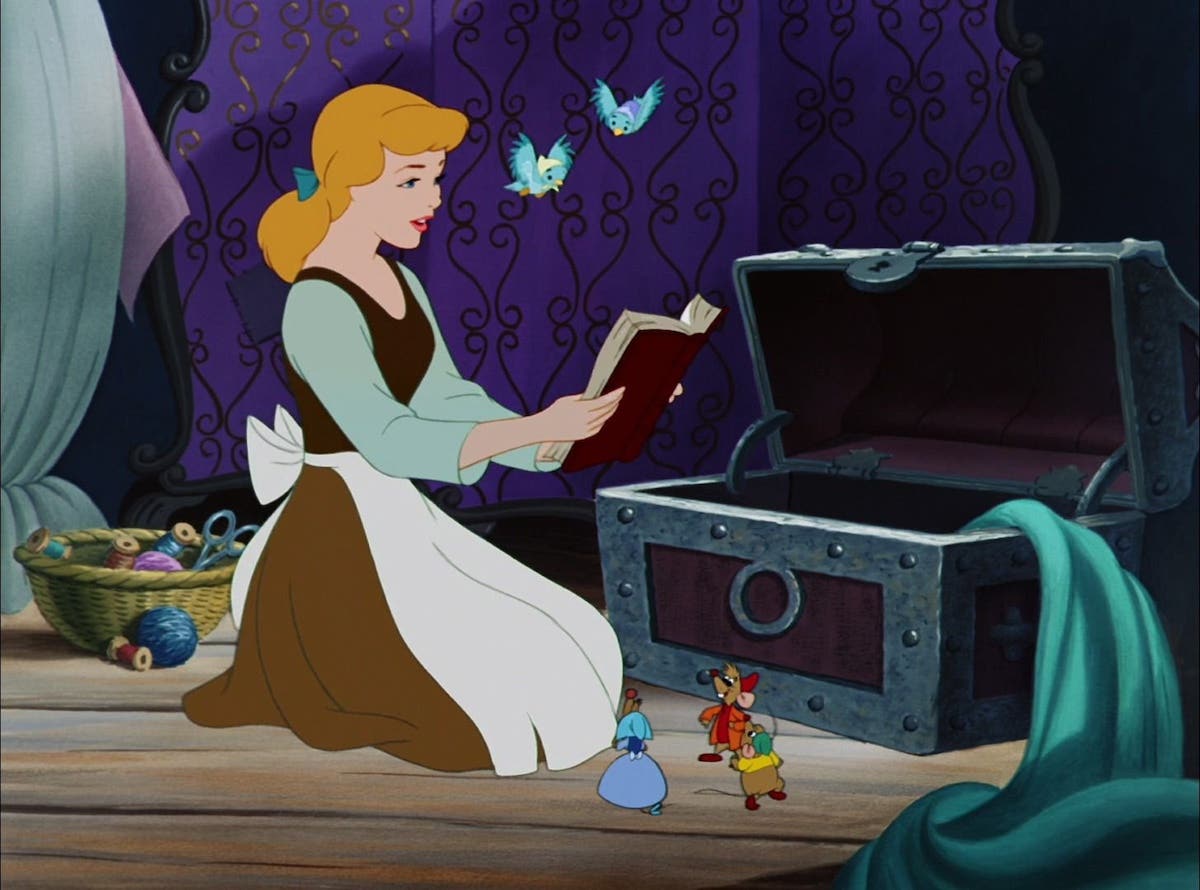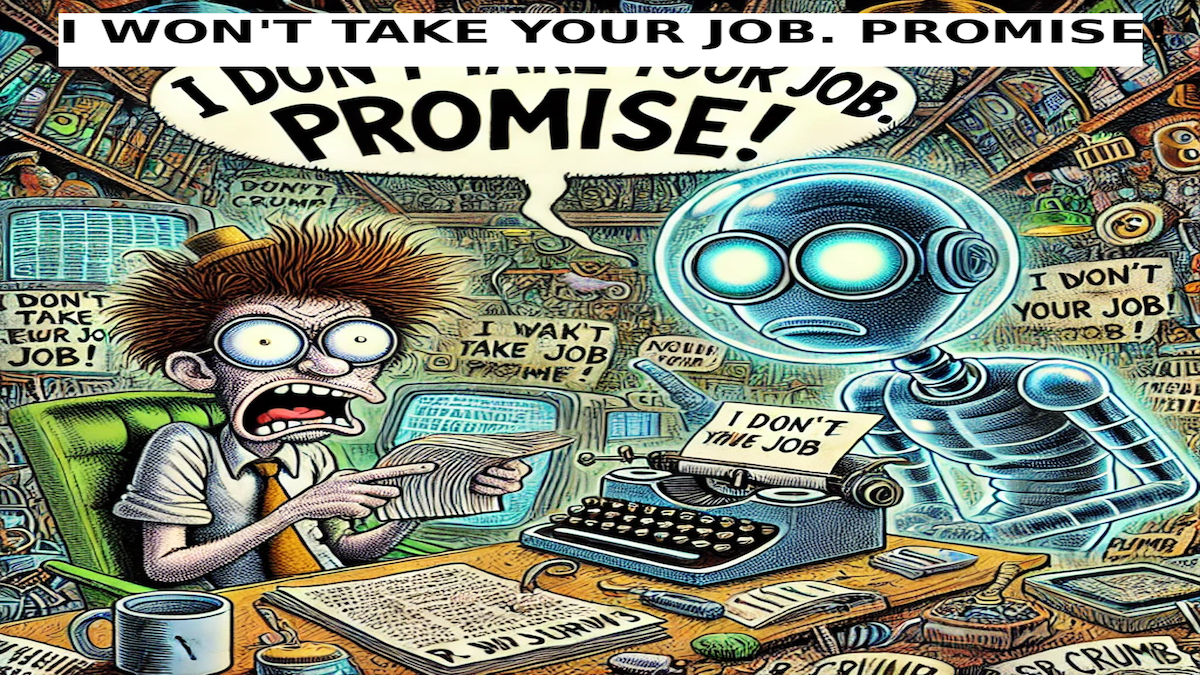TV WRITING TIPS: The Drama Factory – Series Drama
Yvonne Grace talks about Series Drama, and working on the Drama Factory floor of a series or soap.
Yvonne Grace is an award-winning Television Drama Producer with 20+years experience in Script Development, Script Editing and Drama Production for the BBC, CITV and ITV. Her Script Consultancy Script Advice delivers workshops, provides online TV writing training and develops writer talent. Follow Yvonne on Twitter @YVONNEGRACE1.
It’s 1990 and I have just landed my first television job as a Script Editor on the twice weekly BBC1 Continuing Drama Series or Soap; EastEnders. In those days, it was one of four Soaps on the UK terrestrial television scene.
The others were...
- Coronation Street — shot in Salford (the Matriarch of the Soap World; first episode aired 1961).
- Emmerdale — shot in Yorkshire (began production in 1982) both for ITV and the baby on the block.
- Brookside — the errant child from Liverpool, created by Drama Supremo and all round good guy Phil Redmond, first aired in 1989 on Channel 4.
The television landscape has changed immeasurably since then, and certainly, it felt like a simpler time, but the ratings war was just as fiercely fought as it is today between the Continuing Drama Juggernaughts across the UK Networks.
In those days, Brookside was still being breast fed by Channel 4 and Emmerdale — although regularly achieving a healthy rating, was never quite bullyish enough to scare us.
The game was really only ever about the Big Two. EastEnders vs. Coronation Street. It was also a North/South divide thing too, as Corrie was made in the North West (Manchester) and EastEnders in the South East (Boreham Wood; a dormitory enclave to NW London).
I was a fledgling Script Editor. I was crazy about story and fascinated by the Soap format but totally green and hardly prepared for the enormous story eating, time consuming, energy sapping Leviathan of the Drama Sea that was EastEnders, (and is by definition, any Soap).
To say I was pushed in at the deep end is an understatement.
Within one day of my being part of this Industrial Story Production Machine I had been handed:
- 10 scripts all at different stages of the drama production: 2 at first draft, 2 at second draft, 2 at rehearsal stage, 2 shooting scripts and 2 at ‘if you don’t fix these now they won’t make production at all’ stage.
- Shooting Schedules for the Studio
- Shooting Schedules for the Locations
- Production Notes
- Cast availability memos
- A 200 page Bible of the show itself
I was expected to get stuck in to the Story Conference and contribute, comment, and generally collate enough story material gleaned from the Writing Stable and the Script Team, to fill the next 3 months of production and transmission.
It was organized chaos from the minute I pushed open the Production Office door, to the minute I managed to push it the other way and high tail it back to the train in the pitch black, carrying an Amazonian Rain Forest of scriptage under my arm.
I loved every minute of it.
The Continuing Drama Series format still rides high in the ratings and production schedules of our Networks. They are the Golden Goose of any self-respecting Production Company/Broadcaster.
But working on one as a writer, is a very tough job and one to be approached with as much information and skills under your belt as possible.
I have seen many writers crash and burn under the pressure of writing deadlines, production changes, budget restrictions, cast unavailability, death, pregnancy, illness and going AWOL.
On a Soap or long running Series Drama, art often reflects life.
In the UK, there is not the tradition, nor indeed the practice, of team writing that you have in the US on your big, serialized shows. The closest we get to actually team writing, is on the factory floor of Soaps and Series.
In this case, the Showrunner is the Producer/Executive Producer and although Soaps like Coronation Street for example, are essentially writer-led, it is always ultimately the Producer and their Executive that will carry the can for the show as a whole.
But team is definitely the key word here.
Most things in life — even the most complex, daunting task or situation, can be boiled down and distilled to one essential truism. Doing this, you realize what it is that you really need to understand, to get comfortable with and to get good at, in order for you to ride the storm and come out the other side smiling.
In the case of writing on a fast-moving, demanding, time-pressured Series or Soap, it is simply this:
In order to slot in, catch up, contribute, and blossom in a story factory system, writers must learn to collaborate.
You have been selected because your agent has done a good job putting your material under the noses of the script teams and Producer of the show, and now it is your turn to prove yourself.
The Story Conference will be the first hurdle to leap over; hopefully Gazelle-like and not Burdened Hippo-like.
Here the ability to ‘mesh’ with the tone of the show in terms of the storylines you will be expected to pitch and discuss, is what is needed. You need to go with the flow here; don’t force-feed the collective with an issue led story about impotency when you know the Producers lean heavily on character-driven stories for this Series. Do pitch from character, do it with tenacity and confidence and then let someone else have the floor.
Linking in with the tone and style of the show is important, as is your ability to take notes from many people, all at different stages of your script’s journey to camera and at some point you may feel only the only person that hasn’t aired an opinion on your script is the sandwich seller. But take notes you must and do it with the spirit of Collaboration.
Lean on the people who’s job it is to make yours easier. That means create a good working and collaborative relationship with:
- Your Script Editor
- The PA of your script
- The Director of your script
- The Producer of your of script
- The Executive Producer of the show (they have the check book)
When I say script, I mean block of scripts — collaboration again — it’s never just about you — it’s about several writers and their work at the same time.
Don’t do, as a fated writer did to me when I was producing the BBC1 series, Holby City, and mistake me for the Showrunner, then be rude to me because you thought I was the Showrunner and you could get away with it.
He didn’t.
Be supportive and inclusive and polite at all times. Get wise. Be available when asked and deliver on time. Leave your ego at the door... Otherwise it will be banging you in the arse on the way out.
Remember, there are far more writers out there than there are good series to work on.
I have written a book about writing for Series Serials and Soaps and it is here.
- More articles by Yvonne Grace
- Character Development: How To Write For Television
- TV WRITING TIPS & TRICKS: Story Impact In TV Series Drama
Writing a Spec Script for a
Television Comedy or Drama Series
Yvonne Grace writes about her experience as a TV Drama Producer of Series. She covers the craft of writing for television from the writer and the producer’s perspective. Yvonne talks about the relationships in television; how the production works with the writer to get the job done. She writes about script editors, agents, social networking, working collaboratively and digs into what makes great TV drama and how to create must-have documents that sell your best ideas to the max. She features links, tips and the do’s and dont’s when working in TV as a writer. Twitter: @YVONNEGRACE1







